Nature reports
Category: Nature conservation
Page 3 of 18 - 177 Results
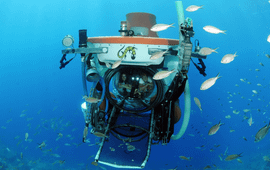
A recent scientific study has shed light on the remarkable and little-known ecosystems thriving in the mesophotic reefs of the Dutch Caribbean. Researchers explored these 'Twilight Zone' reefs, located at depths of 30 to 150..
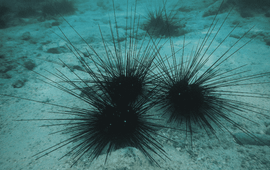
A recent study explored the settlement patterns of the Long-spined black sea urchin around the island of Saba. This research is vital for understanding how to restore coral reefs in the region, which have been significantly..
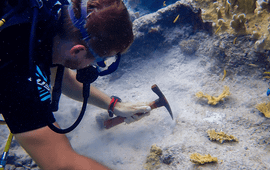
Reef Renewal Foundation Bonaire (RRFB) showcased their groundbreaking efforts in coral restoration during the DCNA Reef Restoration Workshop held in June 2024. Led by Francesca Virdis, Managing Director of RRFB, the presentation..
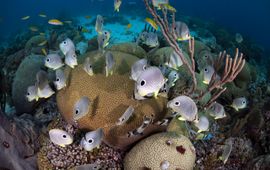
Understanding and advancing larval propagation techniques is vital for enhancing coral reef restoration, which in turn supports marine biodiversity, coastal protection, and sustainable tourism in the Dutch Caribbean. During the..
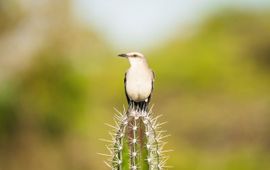
The stunning and unique nature of the six Dutch Caribbean islands will take center stage in the cinema film WOW! Caribbean Nature Uncovered. This project brings together various partners, including WWF-Netherlands and the Dutch..
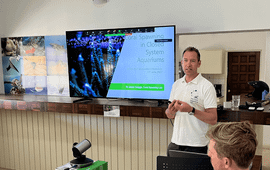
During the DCNA Reef Restoration Workshop, Dr. Jamie Craggs presented an overview of reproduction in corals, focusing on the methods and benefits of inducing coral spawning in closed system aquariums on land. His presentation..
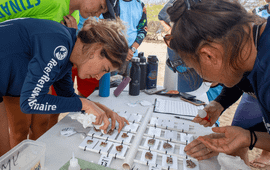
This week, the Dutch Caribbean Nature Alliance hosted a reef restoration workshop on Bonaire, bringing together over twenty experts in coral reef restoration. The event featured both in-person and virtual presentations, attracting..
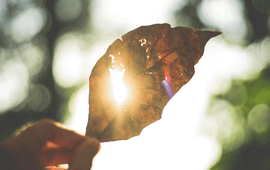
The University of Aruba and Utrecht University recently published their 2024 collection of research papers addressing challenges faced in Aruba. One hot topic this year was presented by Shanisse Franken, concerns how urbanization..
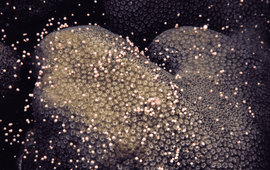
The Dutch Caribbean Nature Alliance (DCNA) is excited to announce the upcoming Reef Restoration Workshop, happening from June 17 to 19, at its office on Bonaire. This event will unite stakeholders, experts, and practitioners from..
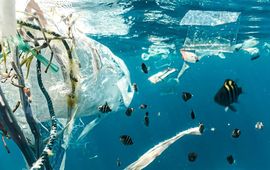
A fungus living in the sea can break down the plastic polyethylene, provided it has first been exposed to UV radiation from sunlight. Researchers from, among others, NIOZ published their results in the scientific journal Science..
